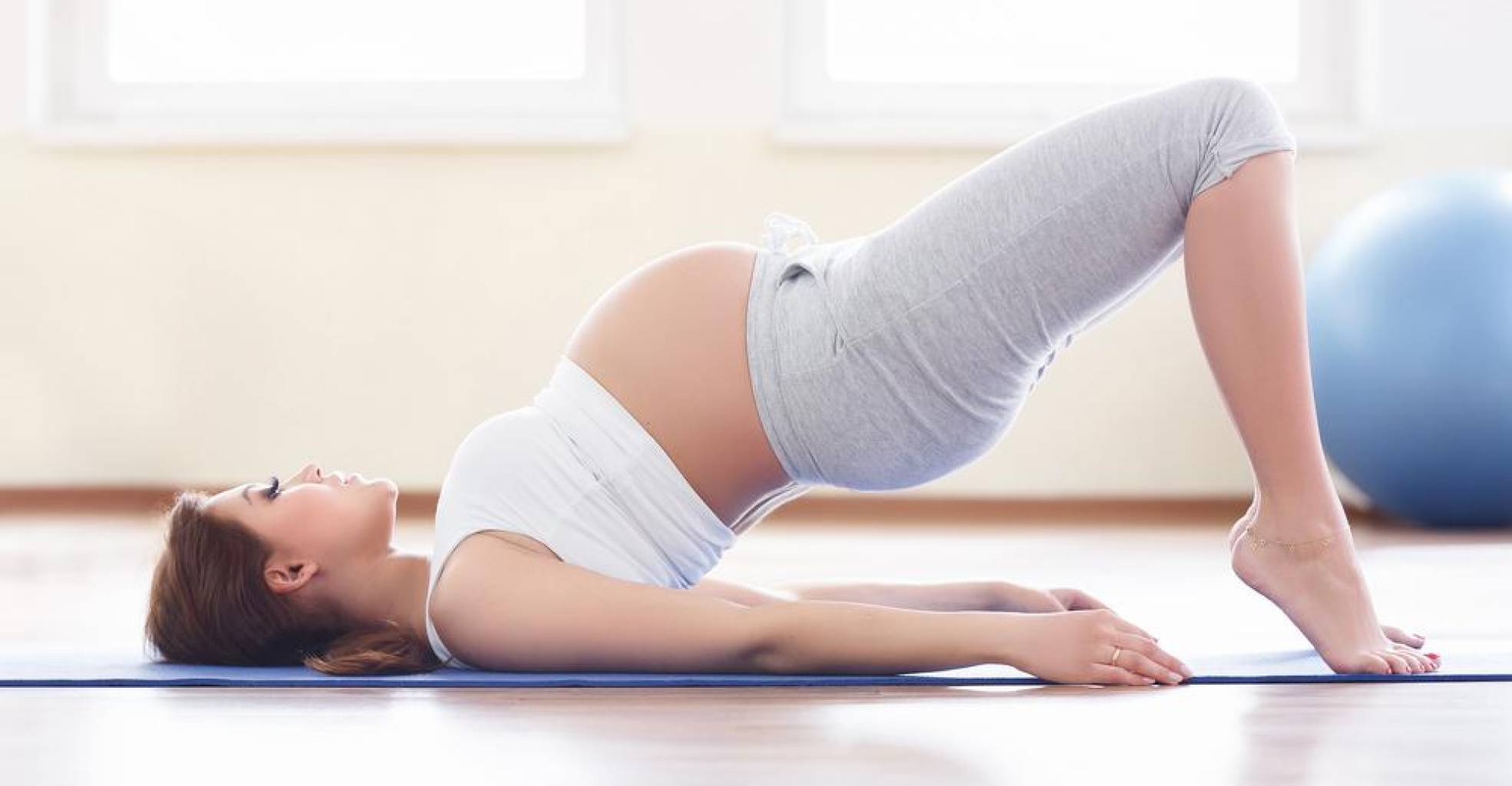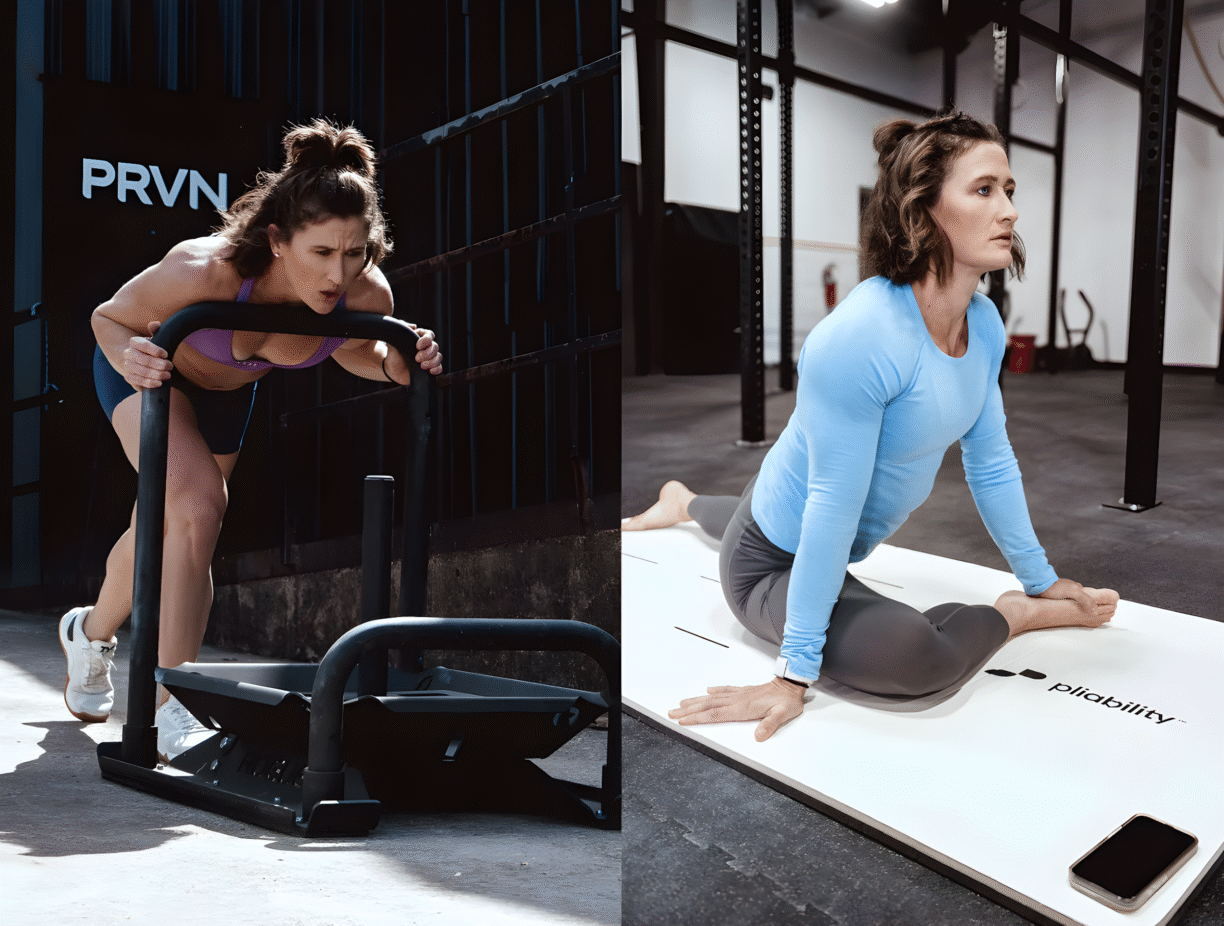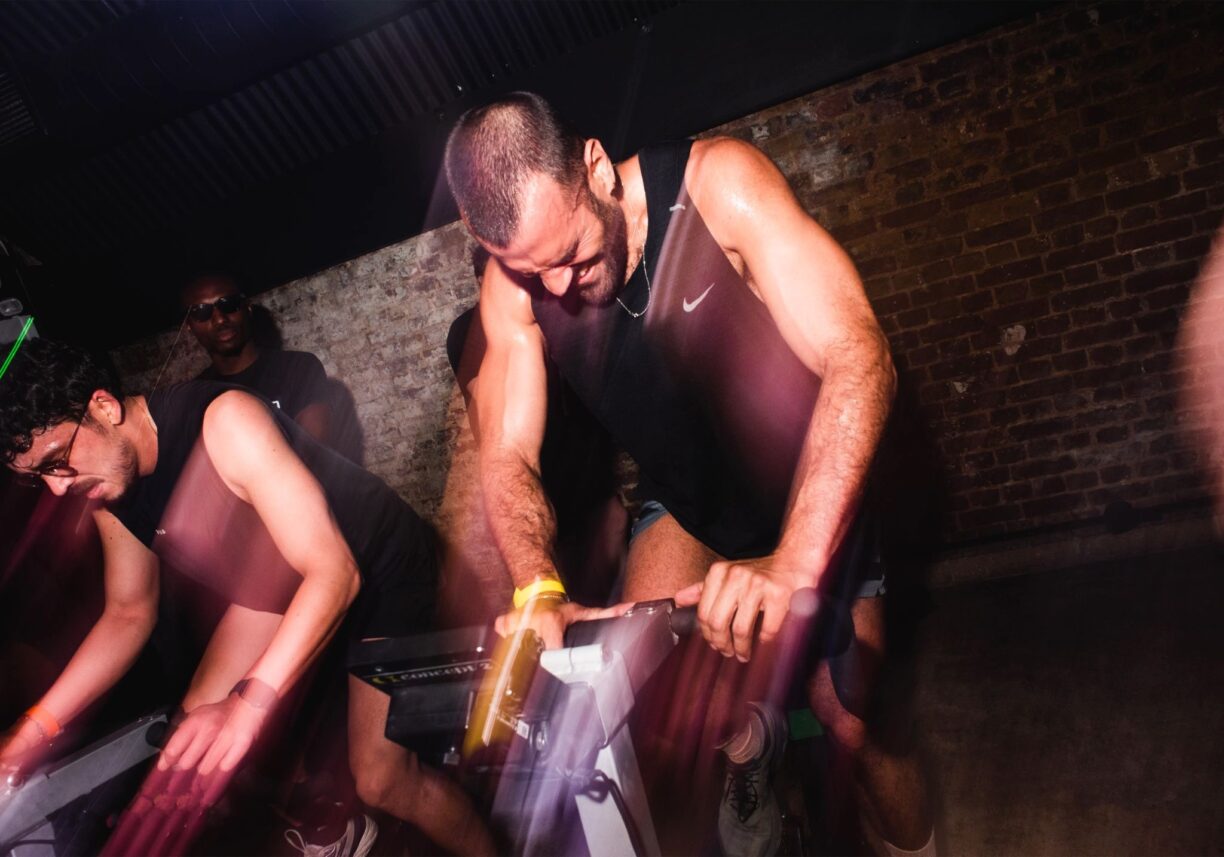It’s always important to lead a healthy lifestyle and exercise regularly, especially when you’re pregnant. In fact, research shows that you should be taking part in at least 150 minutes of aerobic activity every week, which can be anything from walking to gardening.
However you decide to spend your time exercising, your pregnancy shouldn’t ever get in the way. Instead, try to take part in exercises that embrace your beautiful baby bump.
Tips and tricks for exercising when pregnant
Here are some of the things you should consider before heading to the treadmill or picking up some weights.
Consult your doctor before you start
To make sure you’re ready to start exercising, consult with your doctor and ask for professional advice. If you and your baby and healthy, there shouldn’t be any risks, but it’s always good to check as your body changes.
Let your routine adapt to your changing body
If you don’t feel like you want to exercise as intensely or regularly as you could before you became pregnant, that’s completely fine. It’s no secret that mothers-to-be can feel tired during this time, especially while you’re in your third trimester. So take it easy.
Start slowly and ease yourself into it
Just like anybody else, people that are pregnant should ease themselves into their exercise routine. Try not to head straight into your 30-minute run or full-body workout. Instead, start with shorter sessions while remembering to complete a warm-up.
Wear comfortable clothing
The secret to a successful workout is comfortable clothing. It’s normal for your feet and ankles to swell while you’re pregnant, so you’ll want to wear high-quality trainers if you’re exercising. The same goes for your sports bra and pants, making sure that your breasts and bump are supported.
Exercises that embrace your bump
Some exercises are better suited to people who are pregnant. Whether you’re a novice or an expert, learning these activities can help you stay healthy while embracing your bump.
Running
First and foremost, running is a great way to exercise while you’re pregnant. There is evidence to show that running can lower your blood pressure and reduce the risk of complications during pregnancy, such as preeclampsia and gestational diabetes.
If you weren’t running before you became a parent-to-be, pregnancy is not the best time to start. And if you were a keen runner before pregnancy, don’t expect to run as fast during pregnancy. The bigger you get, the harder you will find it, so listen to your body and only run at a comfortable pace.
Swimming
If running isn’t for you, swimming is perfect if you’re looking for another aerobic exercise. Spending time in the water can help you stay healthy and improve your blood circulation, and it can even ease morning sickness.
There’s nothing to suggest that swimming is bad for you while you’re pregnant. Chlorinated pools aren’t known to harm your baby, but you might want to take a look at the bacteria levels and water temperatures of going into public swimming pools.
Yoga
If you’re eager to relax and recharge, yoga might be the perfect form of exercise for you. But it isn’t all stretches and breathing. Yoga can help you tone and build muscle all around your body, including pelvic exercises that can help you to deliver your baby a little easier. You just have to avoid hot yoga and any asanas that involve lying on your back, as this can limit the flow of blood and oxygen to the baby.
What to avoid as your due date approaches
There are a million and one things to think about when you’re pregnant. As well as preparing for your child and collecting all of the newborn essentials you’ll need, think about certain exercises you should avoid as your pregnancy progresses.
Medical professionals advise that you should avoid lying on your back for a long period of time, especially if you’re over 16 weeks pregnant.
You should also avoid contact sports, such as kickboxing or rugby and horse riding, and take a break from scuba diving or fitness programmes that take place 2,500m above sea, as this can cause altitude sickness.
These are some of the things to keep in mind if you want to start exercising while you’re pregnant. This is a beautiful time in your life, and although everything around you might be changing, you can still continue to lead your life exactly how you wish to. And if that means meeting with your friends for a weekly Pilates session, so be it.





